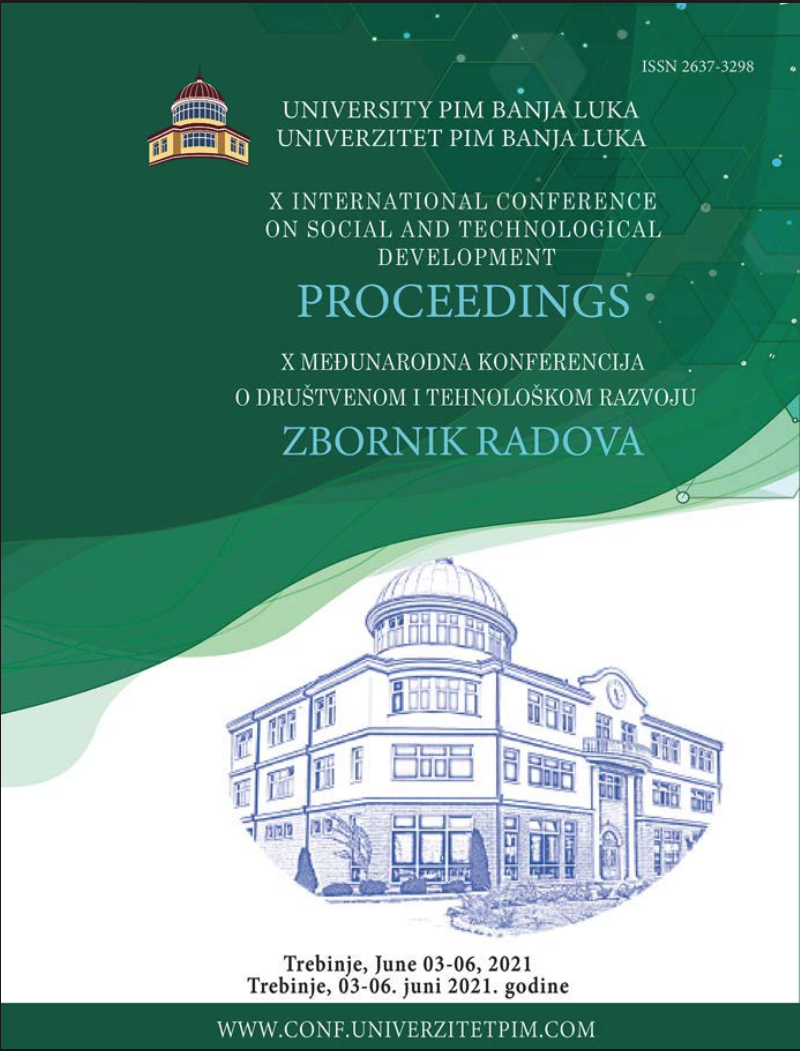
This is an open access article distributed under the Creative Commons Attribution License which permits unrestricted use, distribution, and reproduction in any medium, provided the original work is properly cited.
Faculty of Law, University PIM , Banja Luka , Bosnia and Herzegovina
Commission for concessions of the Republic of Srpska , Banja Luka , Bosnia and Herzegovina
The relationship between legal, moral and customary norms in the renunciation of inheritance is a topic that is interesting from both a theoretical and a positive legal aspect. The author deals with the issue of mutual influence and conditionality of customs, morals and legal regulations in renunciation of heritage in some countries of the region, primarily in Serbia and Bosnia and Herzegovina. The theoretical approach to this topic is different, so positive legal solutions to this issue are uneven. it is about the rights of countries that have mostly the same or similar historical and legal heritage in this area. The relevance of the topic of the paper is reflected in the analysis of the attitudes of supporters and opponents of inheritance agreements that are not open, and for which supporters of these agreements point out that they are significantly present in latent forms in countries whose positive law does not allow them. The author also deals with the moral aspect of the custom that, especially in rural areas, female heirs more often renounce inheritance in favor of their male relatives. The analysis of the research of the Ethnographic Institute of SANU, positive legislation, characteristic examples from the practice of courts and other state bodies, institutions and individuals dealing with this topic served the author to give his opinion on the opposing views of supporters and opponents of these agreements.
The statements, opinions and data contained in the journal are solely those of the individual authors and contributors and not of the publisher and the editor(s). We stay neutral with regard to jurisdictional claims in published maps and institutional affiliations.